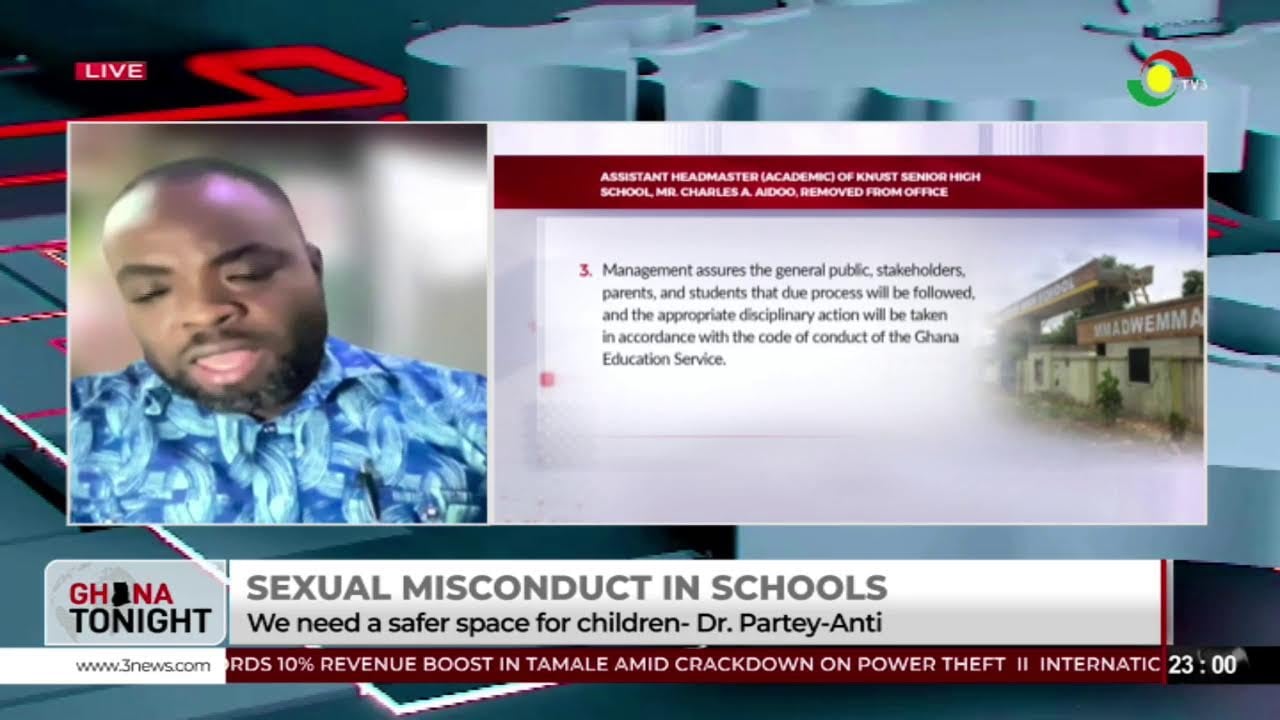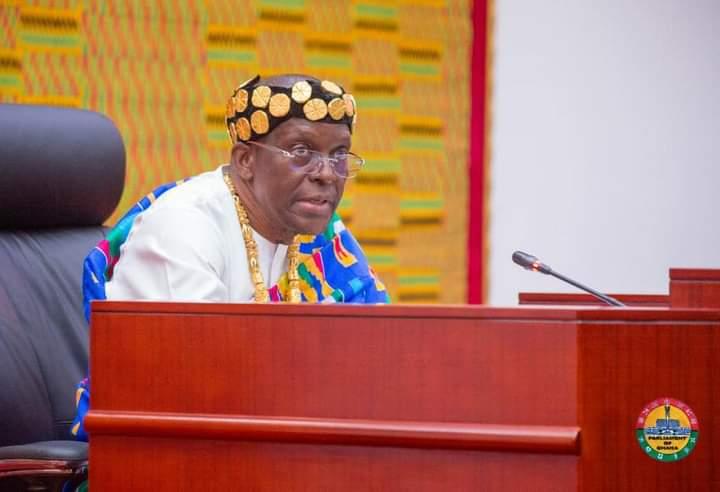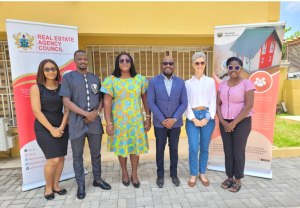
…what does census data say?
By Dr. Isaac Mawuko ADUSU
In Ghana, the conversations about including people with disabilities have intensified as the country pushes to become more equal and just. This dialogue has, however, mostly bypassed individuals with Intellectual and Developmental Disabilities (IDD).
Even among the disability community, people with IDD remain among the most vulnerable and often the most overlooked. The goings-on in society’s dialog can best be understood by examining what is said and not said and by whom, from the mouths of the powerful to the powerless. ^1
The Ghanaian context
Conditions referred to as Intellectual and Developmental Disabilities arise during the developmental stage, generally before the age of 18, and have a pronounced effect on both the reasoning skills and the behavior that allows a person to adapt to everyday living.
They include such things as autism spectrum disorder, Down syndrome, cerebral palsy, and other developmental delays. ^2 However, in Ghana, public health and statistical data remain underdeveloped in their recognition and categorization of these conditions. This leads to them being underreported, and the planning for necessary public health measures is quite limited. ^3
What the 2021 Population and housing census reveals
The 2021 Population and Housing Census (PHC) of the Ghana Statistical Service (GSS) broke new ground in the collection of disability data. In keeping with international standards, the PHC employed for the first time the Washington Group Short Set of Questions on Disability, an instrument recognized worldwide for its efficacy in identifying people with functional limitations. ^4
In comparison with the 2010 PHC, the 2021 census examined not only the number of people with disabilities but also the nature of those disabilities. ^5
The 2021 Census states that:
• 8% of Ghana’s population (about 2 million) have disabilities.^6
• Among those, about 46,000 people (2.3% of persons with disabilities) have intellectual disabilities.^7
• Kids from 5 to 14 constitute the largest age group with intellectual disabilities.^8
• The prevalence of intellectual disabilities is highest in the Savannah and Upper West Regions.^9
Challenges with the data
The real number of people with IDD in Ghana is probably much greater, given underreporting, stigma, and diagnostic limitations. ^10 Families may be loath to report IDD, fearing discrimination, and many may subscribe to cultural beliefs that associate disabilities with spiritual causes. ^11 Moreover, several people with IDD, particularly in rural areas, go undiagnosed. ^12
The definition and classification of intellectual disabilities are inconsistent among service providers, NGOs, and government agencies. This inconsistency creates misalignment of services with actual needs and impedes the development of a national IDD policy framework. ^13
Implications for policy and planning
The available data, though limited, offers a vital baseline. It emphasizes the necessity for Ghana to:
- Fortify diagnostic and screening initiatives, focusing specifically on schools and primary healthcare settings. ^14
- Channel resources into services that are community-based and supportive of individuals with IDD and their families. ^15
- Ramp up public education that tackles the stigma head-on and increases awareness of intellectual disabilities. ^16
- Expand the workforce to include more professionals, like special education teachers, psychologists, and social workers, who are capable of supporting this population. ^17
- Move towards a more coordinated approach that includes an IDD-specific data registry better to track prevalence, service delivery, and outcomes. ^18
Toward a more inclusive Ghana
The population with IDD in Ghana is one of the least visible yet most in need of international support. ^19 The census 2021 in Ghana provides both a look into the dimensions of the problem and a vision of the work that remains ahead. If the country is to achieve the moment savoir-faire under the United Nations Convention on the Rights of Persons with Disabilities (CRPD) and its own Disability Act, the next step in the optional path must be a clear investment in driving data plans. ^20
The IDD population is what it is, where it is, and it is there for a reason. We owe it to them to understand, as best we can, not just their statistics, but also their services, their needs, and the obstacles that they face in meeting those needs. This level of understanding is nothing less than a shorthand for what it means to be their ally. ^21
Footnotes:
- United Nations Development Program (UNDP). (2020). Disability Inclusion in Ghana: Challenges and Opportunities.
- American Psychiatric Association. (2013). Diagnostic and Statistical Manual of Mental Disorders (5th ed.).
- Ghana Health Service. (2019). Disability and Public Health in Ghana: A Review.
- Washington Group on Disability Statistics. (2018). Short Set of Questions on Disability.
- Ghana Statistical Service. (2021). Population and Housing Census Report.
- Ghana Statistical Service. (2021). Disability Statistics Summary.
- Ghana Statistical Service. (2021). Intellectual Disability Data from PHC 2021.
- Ibid.
- Ibid.
- World Health Organization. (2011). World Report on Disability.
- Ametepee, L. K., & Anastasiou, D. (2015). Disability in Ghana: A Study of the Experiences of People with Disabilities.
- Ghana Health Service. (2019). Barriers to Disability Diagnosis in Rural Ghana.
- Ministry of Gender, Children and Social Protection, Ghana. (2020). National Policy on Disability.
- UNICEF Ghana. (2022). Early Childhood Screening and Intervention Programs.
- Ghana Health Service. (2021). Community-Based Rehabilitation Programs.
- Disability Rights International. (2020). Stigma and Disability in Ghana.
- Ghana Education Service. (2021). Special Education Workforce Development Plan.
- Ghana Statistical Service. (2021). Recommendations for Disability Data Management.
- International Disability Alliance. (2022). Disability Inclusion in Developing Countries.
- United Nations. (2006). Convention on the Rights of Persons with Disabilities (CRPD).
- Mawuko Outreach U.S.A. (2023). Advocacy and Allyship in Dementia and Disability Care.
Dr. Isaac Mawuko Adusu is a policy advocate and health and human services management expert who focuses on nonprofit healthcare systems and the leadership development of those systems.
The post The Intellectual and Developmental Disability (IDD) population appeared first on The Business & Financial Times.
Read Full Story





















Facebook
Twitter
Pinterest
Instagram
Google+
YouTube
LinkedIn
RSS